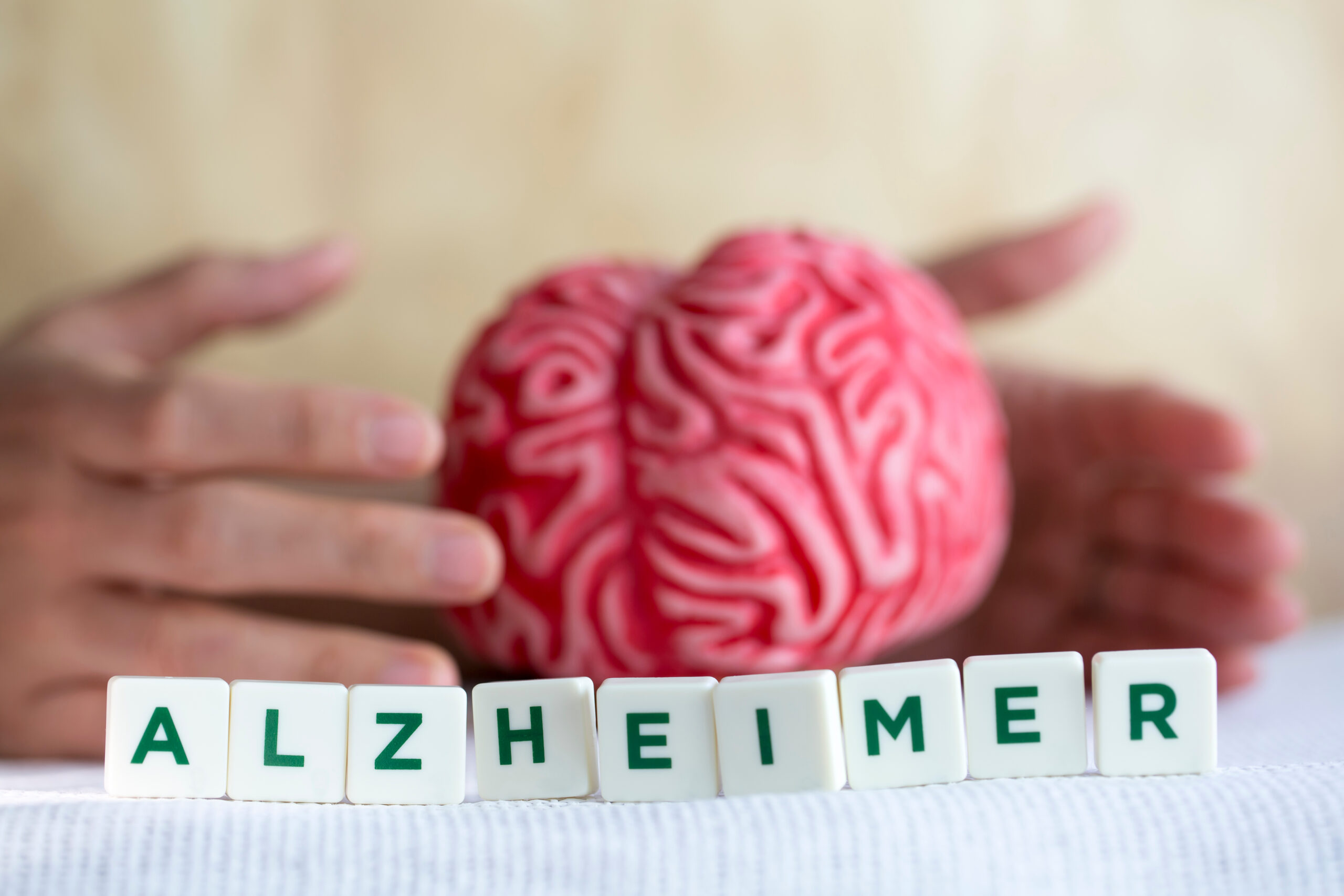Why Your Favorite Hobby Could Be Shielding You from Alzheimer’s
### Why Your Favorite Hobby Could Be Shielding You from Alzheimer’s
Alzheimer’s disease is a serious condition that affects many people around the world. While there are some risk factors that we can’t control, like age and genetics, there are many things we can do to reduce our risk. One of the best ways to protect your brain is through activities you enjoy—your favorite hobbies!
### How Hobbies Help
1. **Physical Activity**: Many hobbies involve physical activity, which is great for your brain. Exercise helps pump blood to the brain, providing it with the nutrients and oxygen it needs to stay healthy. Activities like walking, dancing, or even gardening can reduce the risk of heart disease, stroke, and diabetes, all of which are linked to dementia.
2. **Social Interaction**: Hobbies often involve socializing with others. Whether it’s joining a book club, volunteering, or participating in a sports team, staying connected with people can help reduce stress and keep your mind sharp. Social interaction has been shown to reduce the risk of depression and social isolation, both of which are risk factors for dementia.
3. **Cognitive Stimulation**: Engaging in activities that challenge your brain can help keep it active and strong. Puzzles, games, and learning new skills all contribute to cognitive stimulation. For example, playing chess, solving crosswords, or even learning a new language can help build neural pathways and keep your brain healthy.
4. **Emotional Well-being**: Hobbies can provide a sense of purpose and enjoyment, which are crucial for emotional well-being. Activities like baking, cooking, or painting can be therapeutic and help manage stress. When you enjoy what you’re doing, you’re less likely to feel anxious or depressed, both of which can increase the risk of dementia.
### Examples of Brain-Healthy Hobbies
1. **Baking or Cooking**: Mixing ingredients and following recipes can be a fun and engaging way to keep your mind active. It also involves physical activity, like stirring batter or kneading dough.
2. **Art and Crafts**: Painting, drawing, or assembling crafts can be very therapeutic. These activities allow you to express yourself creatively and keep your hands and mind busy.
3. **Walking or Dancing**: Taking short walks or dancing to your favorite tunes can be both enjoyable and beneficial for your brain. These activities improve circulation and can reduce stress.
4. **Chair Yoga or Stretching**: Gentle exercises like chair yoga or stretching can help improve flexibility and circulation, even if you have limited mobility.
5. **Memory Work**: Revisiting familiar and pleasant memories through photo albums or memory boxes can be comforting and create meaningful interactions. This can help keep your mind active and engaged.
### Conclusion
Engaging in your favorite hobbies is not just a fun way to spend your time; it can also help shield you from Alzheimer’s. By incorporating physical activity, social interaction, cognitive stimulation, and emotional well-being into your daily routine through hobbies, you can significantly reduce your risk of developing dementia. So, whether it’s baking cookies, painting a picture, or dancing to your favorite music, make sure to keep doing what you love—it’s good for your brain!
—
By following these tips and continuing to enjoy your favorite hobbies, you’re not only having fun but also taking steps to protect your brain health. Remember, every activity you enjoy contributes to a healthier, happier you.





